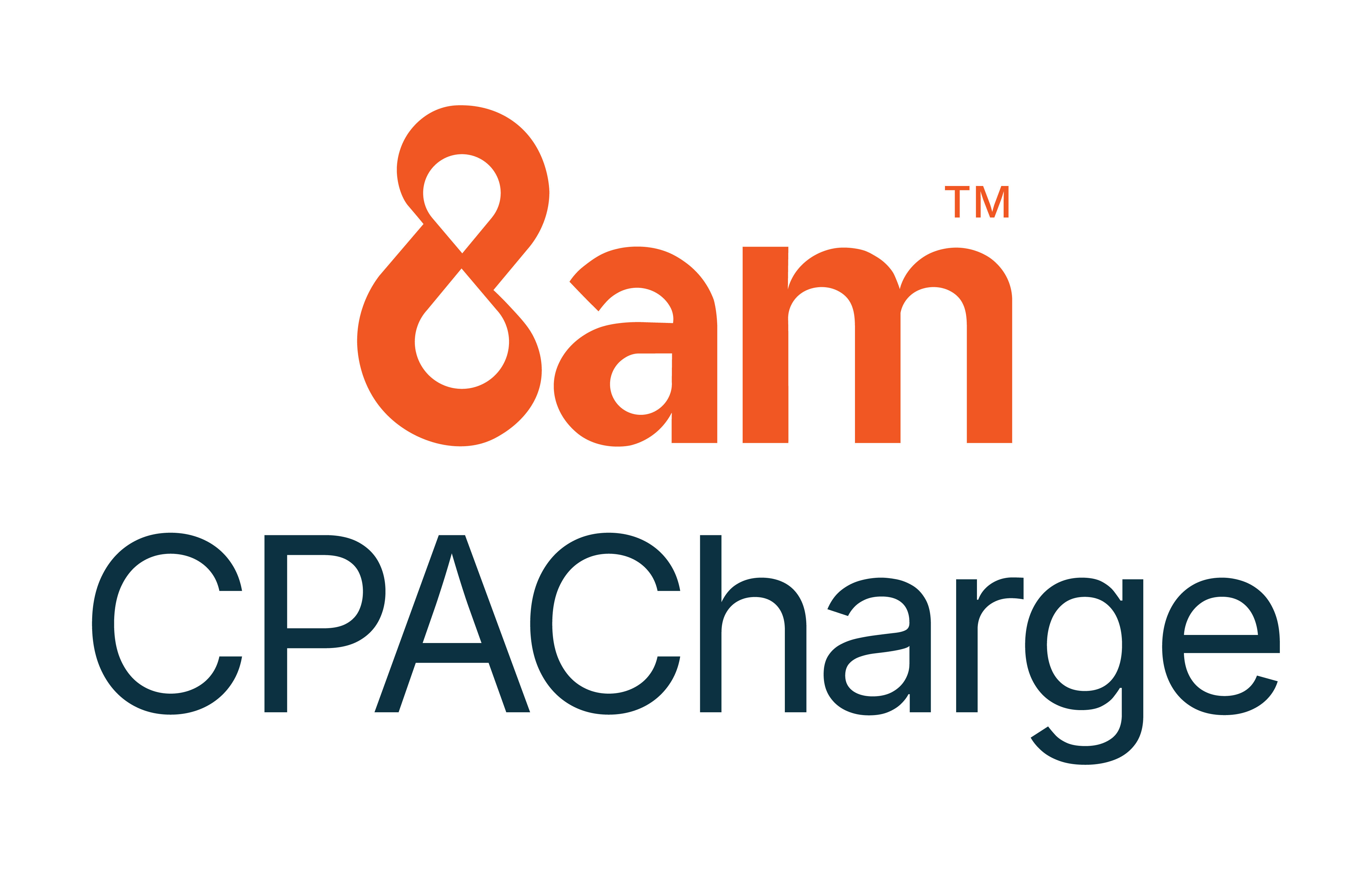
Online payments designed for accounting professionals. CPACharge is offering members competitive pricing, plus zero setup, application, annual or cancellation fees. NJCPA members who sign up for CPACharge will also have their monthly program fee waived for the first three months.
LEARN MORE